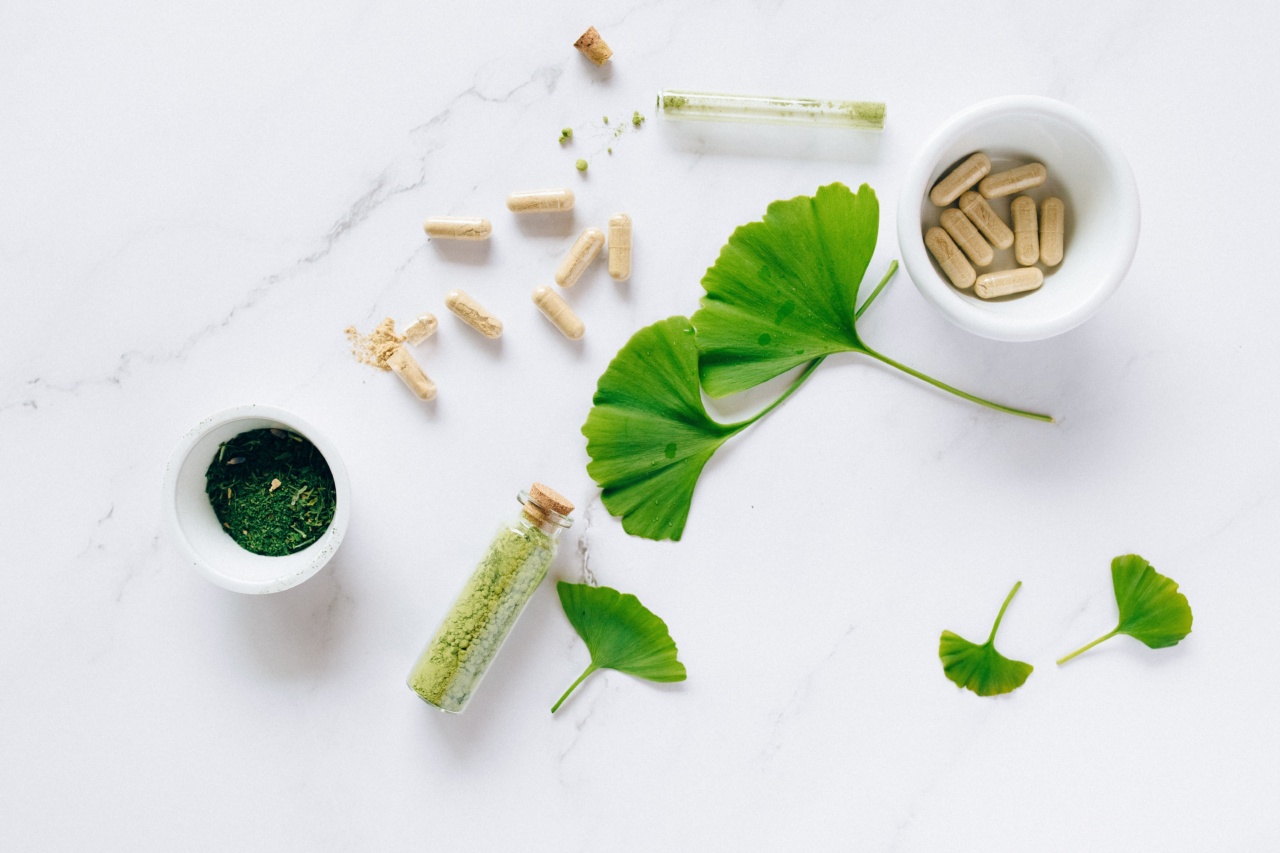High blood pressure, also known as hypertension, affects millions of people worldwide and is a major risk factor for heart disease, stroke, and other health conditions.
While medication is often prescribed to control blood pressure, many individuals prefer to explore natural alternatives. Fortunately, several supplements have been shown to effectively lower blood pressure levels. In this article, we will discuss eight natural antihypertensive supplements that can help you manage your blood pressure without medication.
The Diverse Causes and Effects of Hypertension
Hypertension can result from various factors, such as genetics, obesity, unhealthy diet, lack of exercise, stress, and smoking. It is crucial to address the underlying causes and make lifestyle changes to prevent and manage high blood pressure.
Alongside lifestyle modifications, certain supplements can play a significant role in reducing blood pressure and promoting overall cardiovascular health.
1. Garlic Extract
Garlic has been used for centuries as a natural remedy for various health conditions, including high blood pressure. It contains a compound called allicin, which has been found to have antihypertensive effects.
Allicin helps in relaxing blood vessels and reducing inflammation, thus contributing to improved blood flow and lowered blood pressure. Additionally, garlic extract may enhance the production of nitric oxide, a molecule that assists in vasodilation.
2. Fish Oil
Rich in omega-3 fatty acids, fish oil supplements have been proven to have numerous health benefits, including the reduction of blood pressure. Omega-3 fatty acids help to widen blood vessels, lower inflammation, and prevent blood clotting.
Regular consumption of fish oil supplements can lead to a noticeable decrease in both systolic and diastolic blood pressure.
3. Hawthorn Extract
Hawthorn is an herb that has long been used in traditional medicine to treat heart-related conditions. The extract derived from hawthorn berries contains potent antioxidants and flavonoids that exhibit antihypertensive properties.
Hawthorn extract helps relax blood vessels, improves blood flow, and lowers blood pressure levels. Additionally, it may also reduce symptoms of angina, a condition characterized by chest pain and pressure.
4. Coenzyme Q10
Coenzyme Q10, also known as CoQ10, is a compound naturally produced by the body that plays a key role in cellular energy production. It also acts as a powerful antioxidant.
Studies have shown that CoQ10 supplements can significantly reduce blood pressure, particularly in people with hypertension. CoQ10 supplementation improves endothelial function, enhances nitric oxide production, and helps lower oxidative stress, all of which contribute to better blood pressure control.
5. Beetroot Juice
Beetroot juice has gained popularity as a natural way to lower blood pressure due to its high nitrate content.
Nitrates are converted to nitric oxide in the body, which helps relax and dilate blood vessels, leading to improved blood flow and reduced blood pressure. Beetroot juice also exhibits antioxidative and anti-inflammatory properties, further supporting cardiovascular health. Regular consumption of this vibrant purple juice has been shown to have a positive impact on blood pressure levels.
6. Magnesium
Magnesium is an essential mineral that the body needs for various functions, including maintaining blood pressure within a healthy range.
Studies have demonstrated that magnesium supplements can effectively reduce both systolic and diastolic blood pressure. Magnesium promotes vasodilation, inhibits calcium entry into smooth muscles of blood vessels, and helps regulate the release of certain hormones related to blood pressure control.
7. Hibiscus Tea
Hibiscus tea, derived from the Hibiscus sabdariffa plant, is a delightful beverage with potential health benefits, especially for blood pressure management.
Rich in anthocyanins and other antioxidants, hibiscus tea has been shown to have antihypertensive properties. Regular consumption of hibiscus tea can help lower blood pressure levels, thanks to its ability to inhibit angiotensin-converting enzyme (ACE), a key player in blood pressure regulation.
8. Cinnamon
Cinnamon is a commonly used spice that offers more than just flavor enhancement—it may also contribute to blood pressure control.
Research suggests that cinnamon extract can reduce blood pressure by improving blood vessel function and reducing oxidative stress. Additionally, cinnamon has been shown to lower blood sugar levels, making it a valuable option for individuals with both high blood pressure and diabetes.
Considerations and Precautions
While these natural antihypertensive supplements can be effective, it is crucial to exercise caution and consult with a healthcare professional before starting any new supplement regimen.
They can help determine appropriate dosages, evaluate potential interactions with other medications, and ensure that the chosen supplements align with an individual’s overall health goals.
Conclusion
Lowering blood pressure without medication is a feasible and desirable goal for many individuals.
By incorporating these eight natural antihypertensive supplements into their lifestyles, people with hypertension can potentially improve their blood pressure control and overall cardiovascular health. However, it is important to emphasize that supplements should complement, not replace, a balanced diet, regular exercise, stress management, and adherence to any prescribed medical treatments.





























